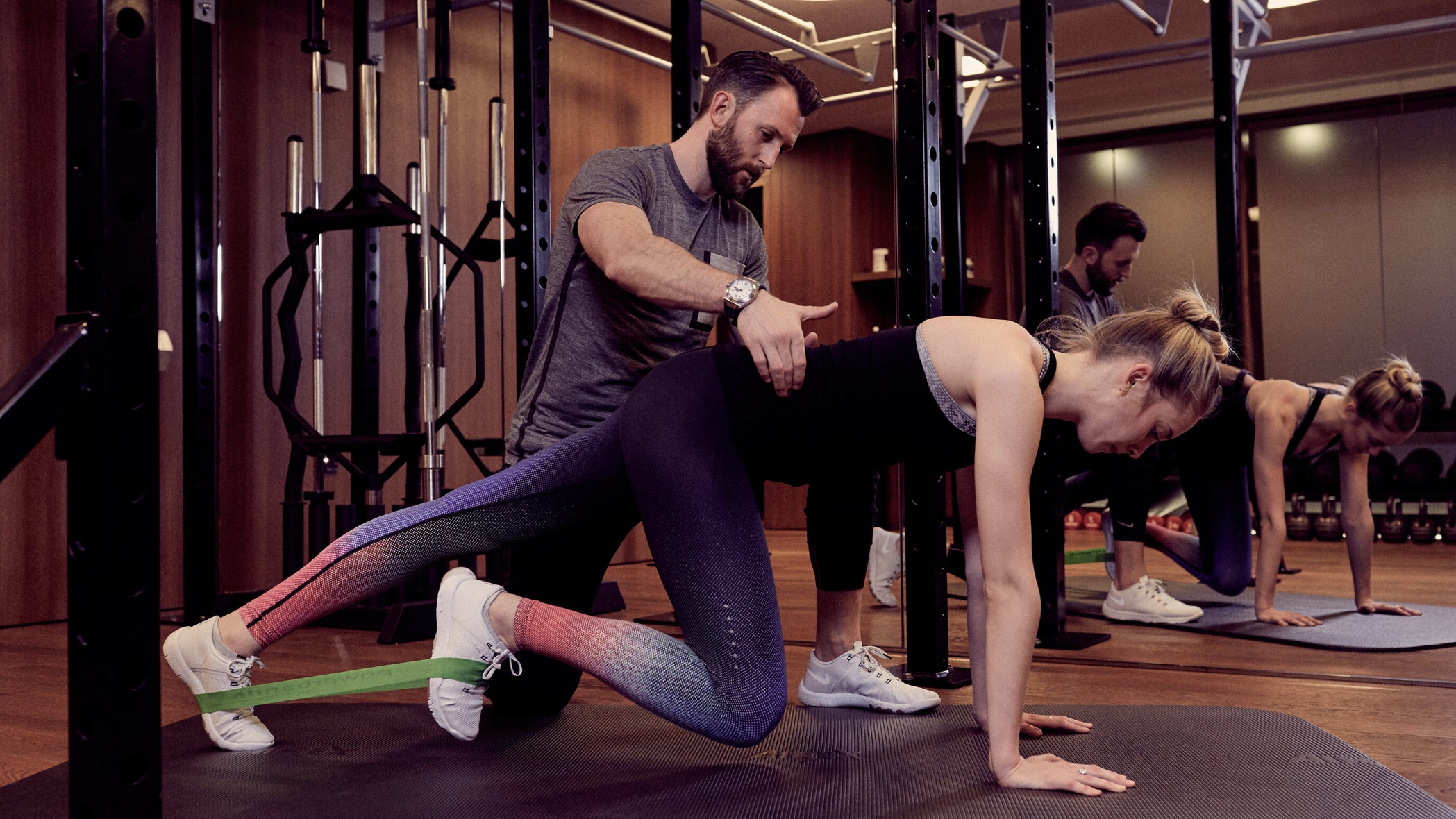
Feeling Tired After A Workout?
If you feel depleted after your daily workout, there may be a few reasons behind it. Exercise is a physical stress on the body and as such you expend energy and burn calories while you’re doing it. Depending on how intensive your workout is, you may feel more or less exhausted afterwards. When you exercise the body uses energy from a molecule called adenosine triphosphate, or ATP, which uses oxygen to keep you moving. If your workout is particularly punishing, your body demands that you use more ATP, which can quickly deplete your reserves. Sticking to a stable, low-to-moderate intensity workout is a good way to ensure a balanced output of ATP and that you don’t feel completely fatigued right after your session. Read on to discover more and how to combat post-workout tiredness.
Wrong fuel
What you eat has a huge impact on your training, and it’s not just what you eat after your workout that counts, but before as well. That’s because it has a direct effect on your energy levels and how well your muscles are able to work and recover. Eating well a couple of hours before a workout provides you with everything you need to help fuel your brain and your body, and it keeps you alert and your muscles working hard for the duration of your session. Look for something with carbs, which help give you energy and increase your blood sugar levels but that also combines great quality protein with healthy fats and plenty of antioxidant-rich greens; porridge, eggs and greens or a fully loaded shake are all great options. In general you should avoid processed foods and eat a good mix of healthy fats, carbs and protein.
Poor sleep
If you don’t sleep well, or enough, then it’s highly likely that you’ll feel more than a little tired during and especially after your workout. Not only does sleep contribute to healthy, stable energy levels, sleep gives our bodies time to recover, conserve energy, and repair and build up the muscles we worked during the workout session in time for the next one. Always aim for between 7-9 hours a night and never compromise sleep for the sake of getting in a workout. Your body won't thank you for it in the long run.
Inadequate hydration
Many people underestimate the importance of staying hydrated before, during and after a workout. Water is needed for many crucial functions in the body, while dehydration can not only impede your performance but can also lead to mood swings, comprised cognitive ability, cramping and failure to recover properly. Aim to drink plenty of fluids beforehand and around 7 to 10 ounces of water every 10 to 20 minutes during exercise. For added flavour and an added boost your performance, try adding Workshop's BCCA Powder to your flask.
Improper breathing
Although it might not spring to mind immediately, breathing is essential to get right while you work out and failure to do it properly can lead to exhaustion post session. Breathing too fast means you won’t be taking in enough oxygen, which can lead to fatigue. When it comes to working out, the type of breathing you need to do depends on the type and intensity of the exercise you’re doing, but aim to breathe nasally as much as you can and learn to control your breath as you work through.
